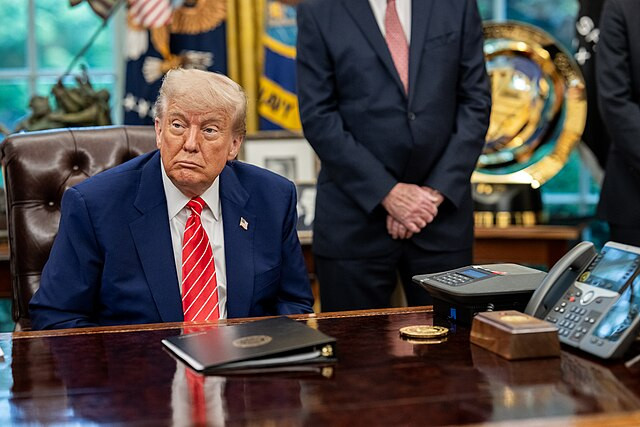The Trump administration is sharply curtailing the scope and content of the State Department's annual Human Rights Report, eliminating references to LGBTQ+ rights, corruption, and gender-based violence in draft reports for countries including El Salvador, Israel, and Russia. The move marks a significant shift in U.S. foreign policy messaging and global human rights advocacy.
The reports, traditionally regarded as the most comprehensive documentation of global human rights conditions, are mandated by Congress and compiled by U.S. diplomats. For nearly five decades, they have formed the backbone of America's human rights diplomacy. The 2024 edition, delayed by months, is being "restructured in a way that removes redundancies, increases report readability and is more responsive to the legislative mandates that underpin the report," a senior State Department official said Wednesday.
Leaked drafts reviewed by The Washington Post show the new approach substantially downplays past abuses. The draft report for El Salvador, finalized earlier this year, states there were "no credible reports of significant human rights abuses" in 2024-despite the previous year's documentation of government-sanctioned killings and harsh prison conditions. The updated report emphasizes a "reduction overall" in deaths but avoids direct acknowledgment of prior violations.
In Israel's case, the draft has been trimmed to 25 pages, down from over 100 under the Biden administration. It omits references to Prime Minister Benjamin Netanyahu's corruption trial and a contentious judicial overhaul, as well as past mentions of Israeli surveillance and movement restrictions on Palestinians.
The draft report on Russia excludes discussion of violence against LGBTQ+ individuals, even though the country's Supreme Court labeled LGBTQ+ organizations "extremist" in 2023, leading to widespread raids and arrests. "The failure to include any mention in the reviewed reports of gender-based violence or violence against LGBTQ+ people was a glaring omission," said Keifer Buckingham, former State Department official and current managing director at the Council for Global Equality.
The reports align with internal guidance circulated earlier this year by senior officials directing staff to limit content to what is minimally required under statutory obligations. This includes removing or softening descriptions of government abuses, corruption, and gender-related crimes-areas previously central to U.S. documentation efforts.
"The human rights report focuses on core issues," the senior State Department official said, noting that the report would emphasize the right to life and freedom of expression. "Governments around the world continue to use censorship, arbitrary or unlawful surveillance and restrictive laws against disfavored voices, often on political and religious grounds."
Vice President JD Vance's February speech at the Munich Security Conference, in which he accused European Union leaders of suppressing right-wing speech, is expected to feature in the final report. "We are committed to having frank conversations with our allies, our partners and also our adversaries to promote freedom of expression around the world," the official said.
Critics argue the revisions reflect a pattern of selective engagement. "Secretary [of State Marco] Rubio has repeatedly asserted that his State Department has not abandoned human rights, but it is clear by this and other actions that this administration only cares about the human rights of some people...in some countries, when it's convenient to them," said Buckingham.
The Trump administration has also downsized the State Department's Bureau of Democracy, Human Rights and Labor, eliminating nearly all of its offices during a sweeping reorganization earlier this year. The senior official said the version inherited from the Biden administration prioritized issues "the American people rejected" and required months of revision to meet new standards.
The final version is expected to be sent to Congress in the coming weeks.






